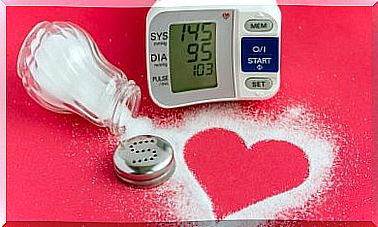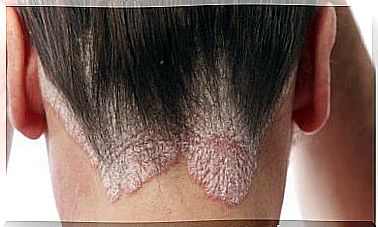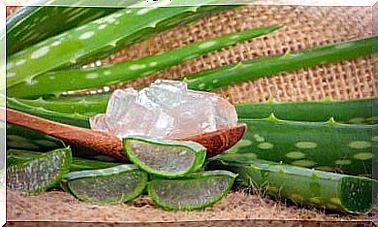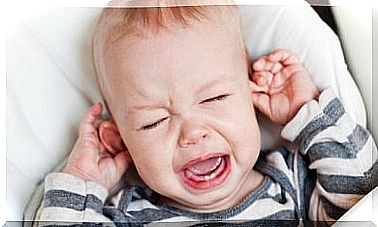Anemia In Pregnancy: Keys To Eating
Anemia in pregnancy is a very common condition. It can occur for several reasons, one of them being the increase in the amount of blood in the woman’s body, which causes the concentration of red blood cells to be diluted.
Remember that anemia is the disease produced in the body by a deficit of the protein that is responsible for transporting oxygen, called hemoglobin, as well as by the decrease in red blood cells.
In this way, the body has to work harder to obtain oxygen to supply the organs and tissues, generating discomfort or fatigue.
However, there are also other causes that can trigger this disease. For example, a lack of iron in the blood or a deficiency of vitamin B12 are two of the most common triggers for anemia. In addition, genetic factors that are inherited can influence the synthesis of red blood cells is not adequate. There may be an exaggerated increase in synthesis or a marked deficit.
Anemia in pregnancy and diet
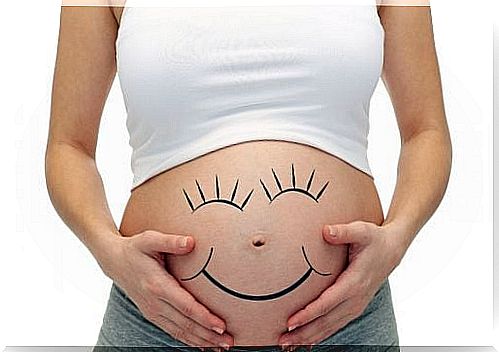
Anemia in pregnancy can be caused, as we have mentioned, by hereditary factors, where there is a lack of hemoglobin in the blood. This pathological situation can affect the pregnancy process.
During pregnancy, the amount of hemoglobin and red blood cells decreases through a process called hemodilution. This causes the two components to be diluted in liquids that serve to transfer nutrients that the fetus needs for its growth.
Therefore, pregnant women must maintain good medical control to ensure that everything is going well in their pregnancy. In addition, they must follow all the instructions of the professional and take into account a series of measures, especially with regard to food.
When a pregnant woman maintains good eating habits (both she and her baby) they can avoid complications. One of the most prominent recommendations is the consumption of foods with high amounts of iron and B vitamins, such as:
- Eggs.
- Vegetables.
- Fish and seafood.
- Meats, especially red and white.
- Iron-enriched cereals.
- Green leafy vegetables like spinach and turnip greens.
Other recommendations around diet
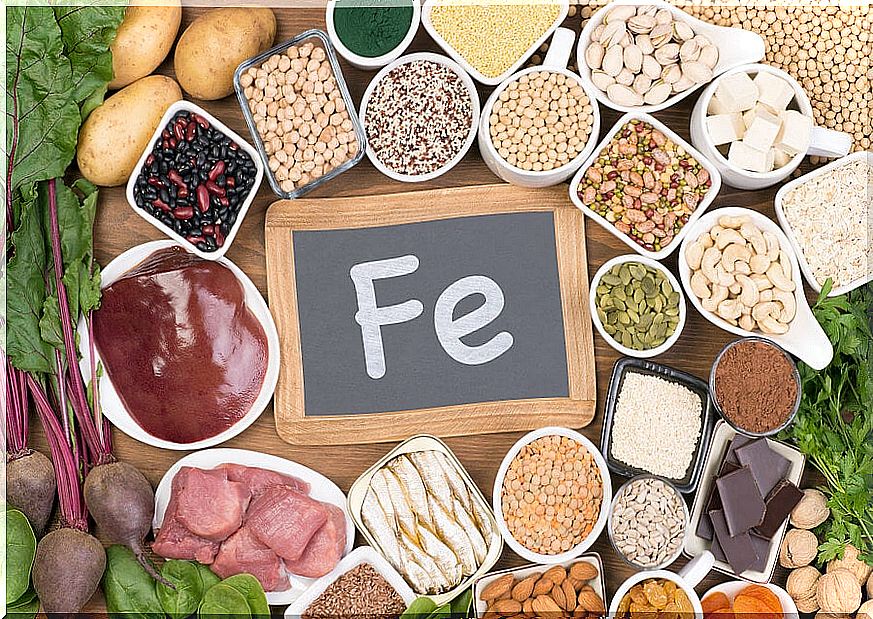
The recommendations that the doctor can make to a pregnant woman with anemia may vary depending on the situation of each one. However, with regard to diet, there are a series of general guidelines that are usually explained to all those affected. Among them are:
- Maintain a balanced diet as well as good hydration.
- Do not suspend without prior authorization the taking of the iron and folic acid supplement if it has been prescribed.
- Do not base your diet on a single food or food group, since by eating exclusively from a single source, the body stops obtaining the rest of the nutrients it needs.
- Avoid making drastic changes to your diet without first consulting your doctor.
- Fruits rich in vitamin C help the body absorb iron, therefore, after enjoying a bowl of lentils, you can take an orange to take advantage of this benefit. It should be borne in mind that it is preferable to take the orange fresh and not in juice.
To consider
If the symptoms persist despite eating a good diet, it will be essential to go to the doctor as soon as possible, since they will surely indicate other guidelines or provide you with another type of treatment.
On the other hand, you should not neglect prenatal controls or the treatment that your doctor has prescribed.

